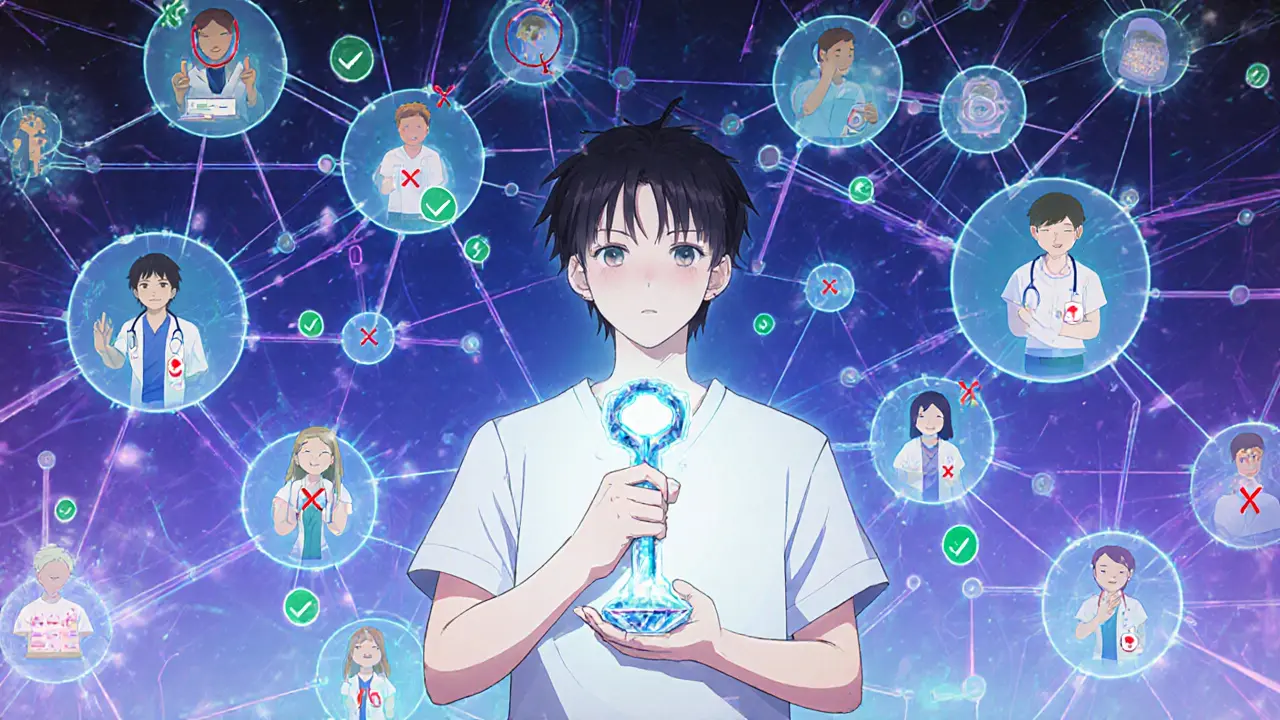Blockchain Health Records: How Decentralized Data Is Changing Healthcare
When you think about blockchain health records, a system where your medical data is stored securely on a decentralized network you control. Also known as decentralized health records, it means no more begging hospitals for copies of your X-rays or waiting weeks for a specialist to get your history. This isn’t science fiction—it’s already happening in clinics, insurance systems, and government pilot programs.
At the core of this shift is decentralized identity, a way to prove who you are without handing your data to a company or government database. This ties directly to self-sovereign identity, where you hold the keys to your own digital profile. With blockchain health records, your vaccination history, allergies, or lab results aren’t locked in a hospital’s outdated server. Instead, you grant access using encrypted, tamper-proof credentials called Verifiable Credentials, digital certificates issued by trusted entities like doctors or labs that you can share on demand. No more faxing paper forms. No more lost files. Just a quick, secure link to your verified data.
Why does this matter? Because right now, your health data is scattered across dozens of systems, each with its own password, format, and rules. A trip to the ER could mean filling out the same forms you did last year—or worse, having doctors guess your history because records didn’t transfer. Blockchain fixes that. It gives you control, cuts administrative waste, and helps prevent fraud. Imagine walking into a clinic in Tokyo, pulling up your immunization record from your phone, and having it instantly verified by a doctor in Berlin—all without a single middleman.
The posts below show how this is already being tested and used. You’ll see how real projects are building these systems, how scams try to mimic them, and what you need to do to protect your own data. Some posts cover digital identity tools used in banking and government. Others expose fake airdrops pretending to offer "health record tokens." There’s no hype here—just what’s working, what’s risky, and what you should know before your next doctor visit.
